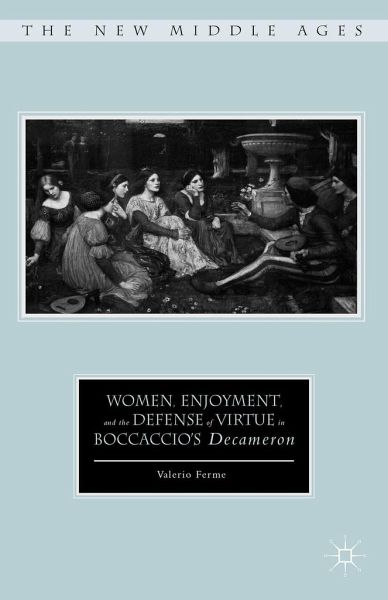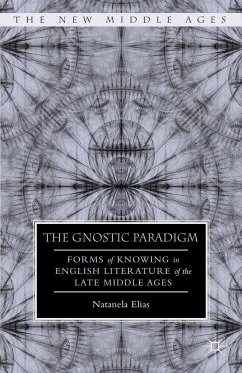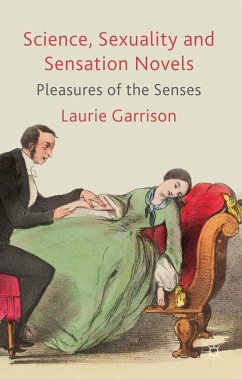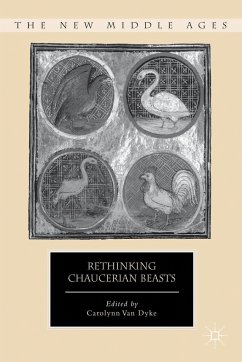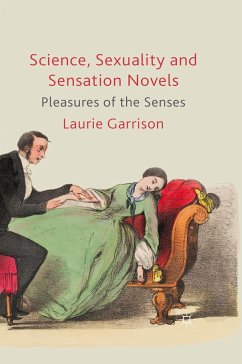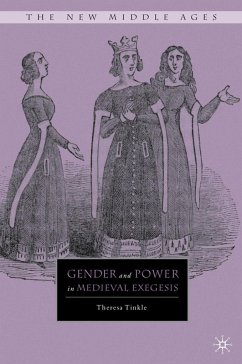"Readers will enjoy Ferme's attention to the big picture of the Decameron, including his comprehensive interpretation of the book at all three of its narrative levels. Ferme highlights the tussle in the first half of the book between the authority of women and the limits put on them by society. He is particularly engaging as he explores the dialectic between enjoyment and virtue, transgression and decorum, played out in the form and content of Decameron storytelling." - F. Regina Psaki, The Giustina Family Professor of Italian Language and Literature, University of Oregon, USA
"Through an engaging and thorough analysis of the three main components of the Decameron (Proem, overarching story, and tales), Valerio Ferme redesigns the interpretation of Boccaccio's narrative patterns, while establishing a critical conversation with notable scholars (Branca, Almansi, Segre, Getto, Baratto). The collection of stories risks turning the book into a Galeotto, this study argues,when the salacious plots seem to produce inappropriate relations in the brigata, but the amicable conflicts between its men and women end up providing 'honest enjoyment' for women in love instead." - Alessandro Vettori, Professor of Italian and Comparative Literature, Rutgers University, USA
